Apple, WHSmith and Amazon: 9 brands with image issues
Brands have to work to stay relevant - or they could go the same way as BHS
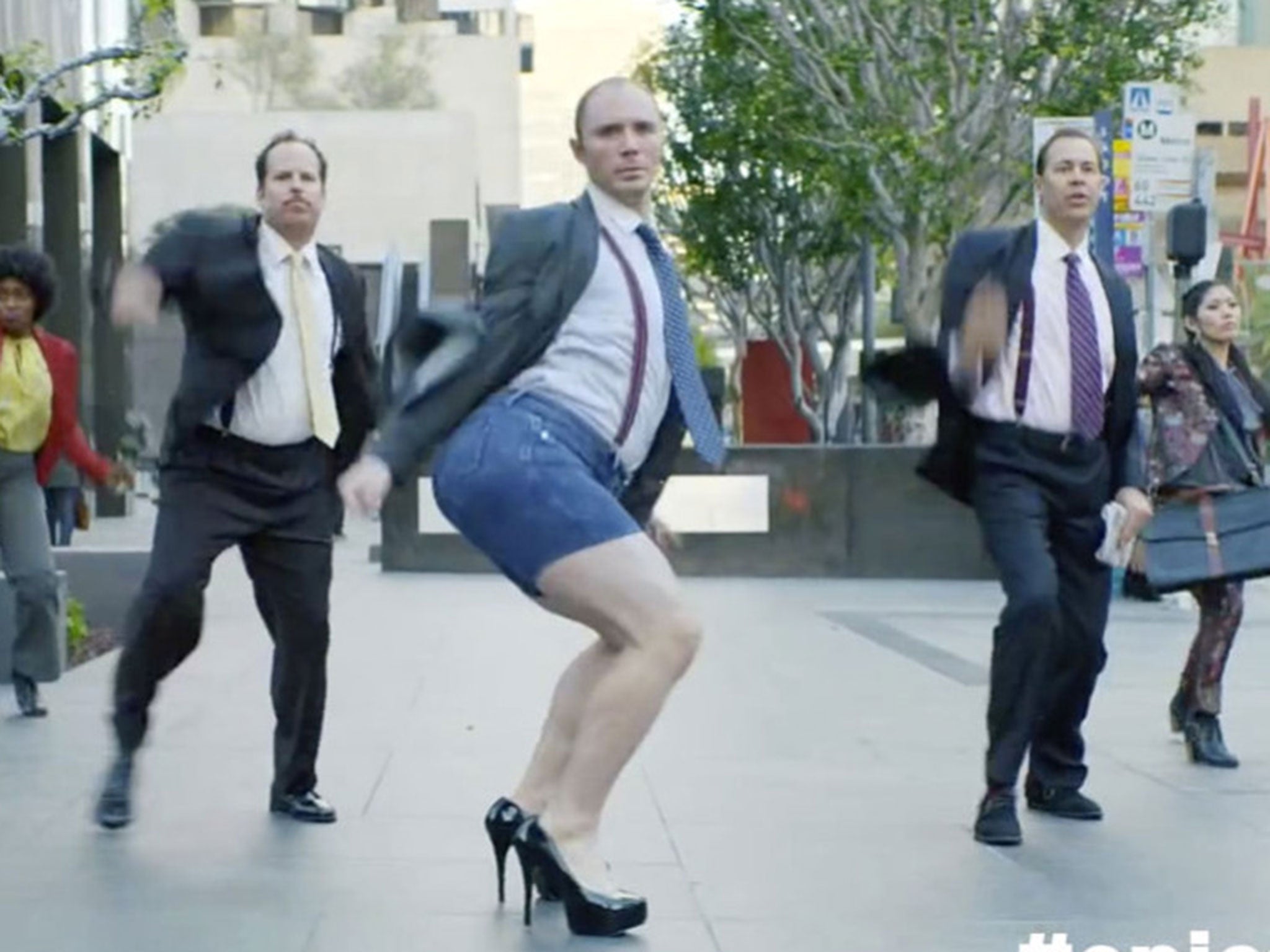
Your support helps us to tell the story
From reproductive rights to climate change to Big Tech, The Independent is on the ground when the story is developing. Whether it's investigating the financials of Elon Musk's pro-Trump PAC or producing our latest documentary, 'The A Word', which shines a light on the American women fighting for reproductive rights, we know how important it is to parse out the facts from the messaging.
At such a critical moment in US history, we need reporters on the ground. Your donation allows us to keep sending journalists to speak to both sides of the story.
The Independent is trusted by Americans across the entire political spectrum. And unlike many other quality news outlets, we choose not to lock Americans out of our reporting and analysis with paywalls. We believe quality journalism should be available to everyone, paid for by those who can afford it.
Your support makes all the difference.When BHS collapsed a week ago, investors were staggered that owner Dominic Chapelle could have run the business into the ground just a year after they bought it from Topshop-mogul Sir Philip Green.
But not many shoppers were surprised that this fusty, old fashioned store, which had long been crying out for proper investment, had gone under.
Jon Copestake, chief retail correspondent at the Economist Intelligence Unit, said BHS had "simply stopped being relevant".
“BHS has long been seen as an anachronism on the high street and it is surprising that it has survived this long," he said.
Brands have to work to stay relevant and to keep their customers, according to John Shaw, worldwide head of the strategy and planning at Brand Union.
We asked Shaw to tell us about ten major brands with image issues - and what they could do to improve.
1. Amazon
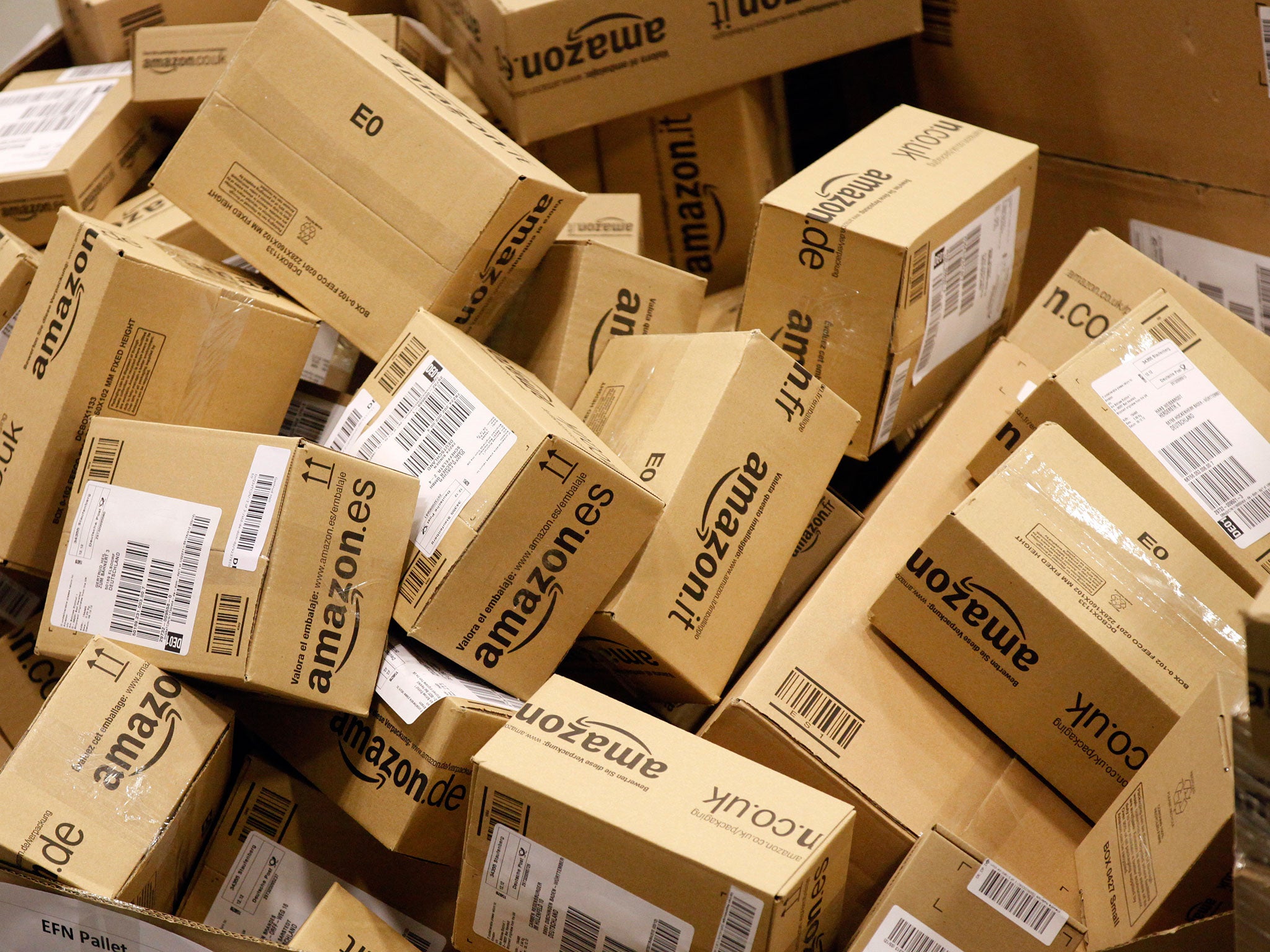
"It’s loved in America but perhaps still feels a bit more utilitarian here. Everyone uses it but our relationship with the brand isn’t rich. It just works.
"For a brand that’s such a big part of people’s lives, it’s a little quiet. Which probably doesn’t matter as long as someone else doesn’t come along with a brand that works better. But the world where entertainment, software, and devices are blurring is bitterly competitive, and Amazon will face constant product challenge.
"It feels like Amazon could do a bit more to turn its huge brand usage into huge brand love," Shaw said.
2. Apple
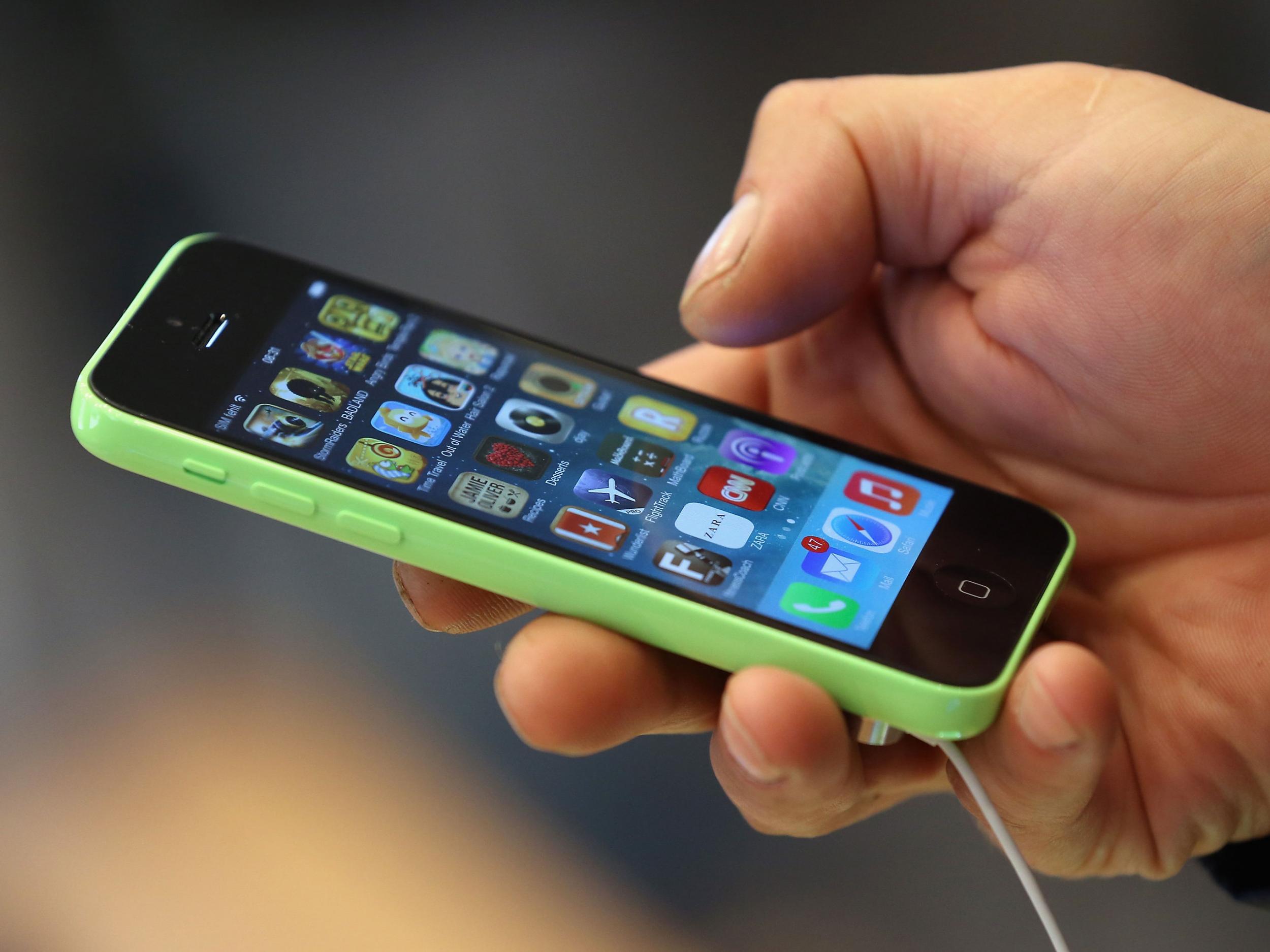
"A challenger gone mainstream. That’s always hard, but from a brand point of view it might mean that it could loosen its rigidity just a fraction.
"It’s hard to criticise Apple’s monolithic, high-taste minimalism because it’s been so successful, but that huge success can lead to a feeling of tyranny.
"The danger is that if that logo, style and identity ever becomes just a little dated it will quickly become a symbol of yesteryear and be hard to retrieve. So now may be the time for Apple to look at ways of introducing vigour and surprise, without sacrificing the restraint that has built its success," Shaw said.
3. Twinings
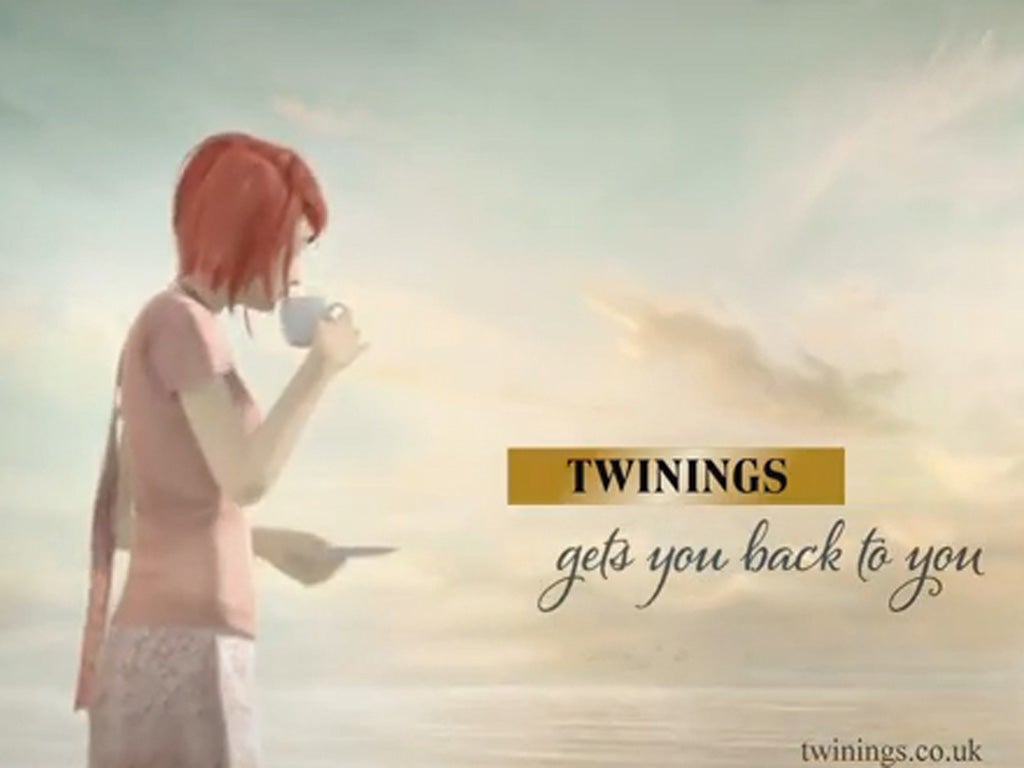
"There’s plenty of energy in specialist tea, particularly in the herbal area, but the brand that seems to have harnessed that energy is Pukka, rather than the traditional leader Twinings.
"It looks rather staid compared with the vibrant Pukka packs which feel dynamic and a little bit crazy, using Indian cues in a modern way. Twinings has a large range with a number of different styles but maybe it should concentrate its efforts to build a clearer character," Shaw said.
4. Sony
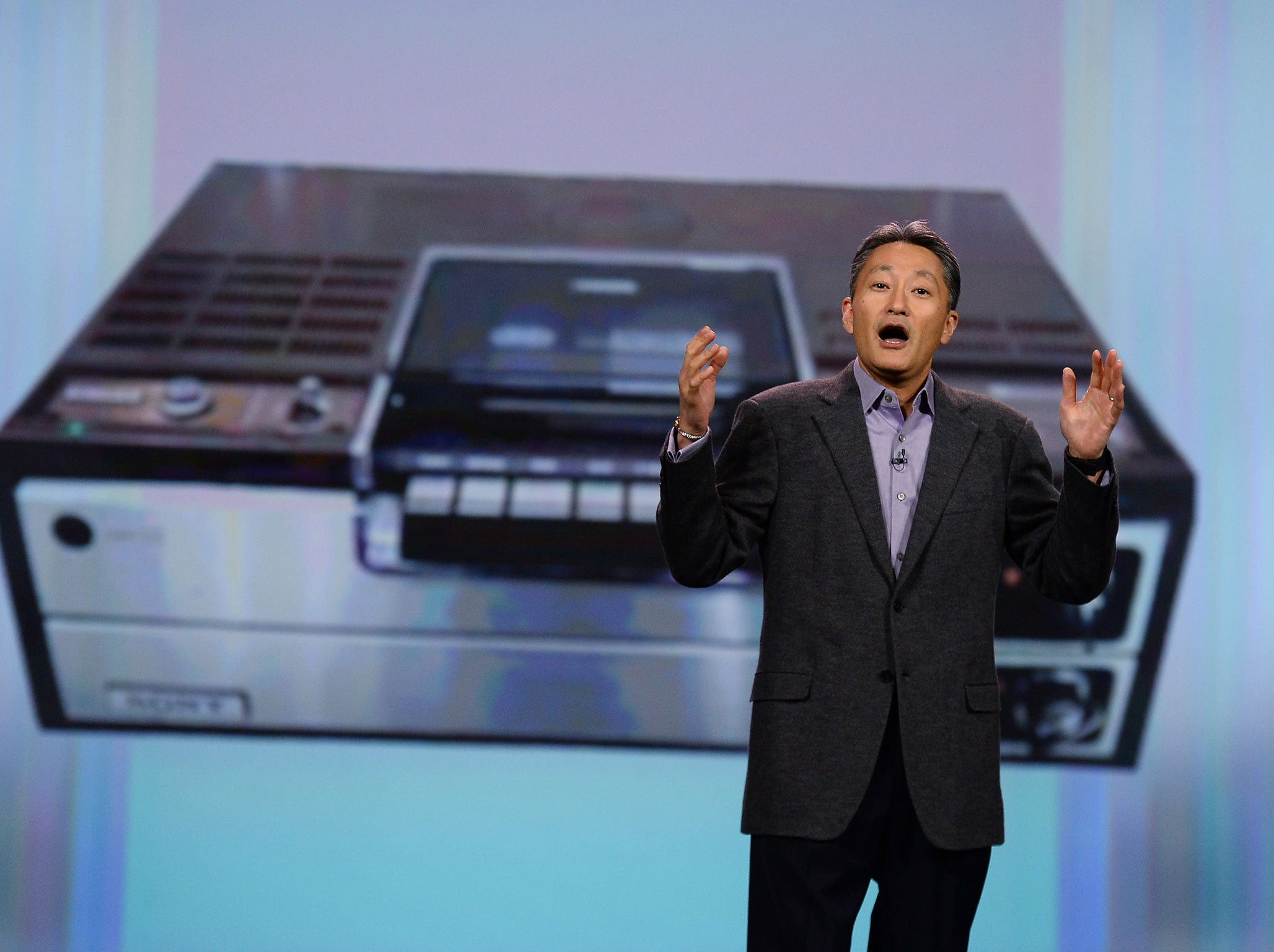
"It was once a guarantee of quality in an era where quality was highly variable, but that’s not so true anymore.
"Its reputation for innovation has been ceded to others, and the parents and grandparents who grew up with Sony aren’t its future buyers.
"The answer is rarely as simple as a new logo, but in this case the Sony logo does feel rooted in the 70’s and sits uneasily alongside the PlayStation graphics, so a review should be considered," Shaw said.
5. Body Shop
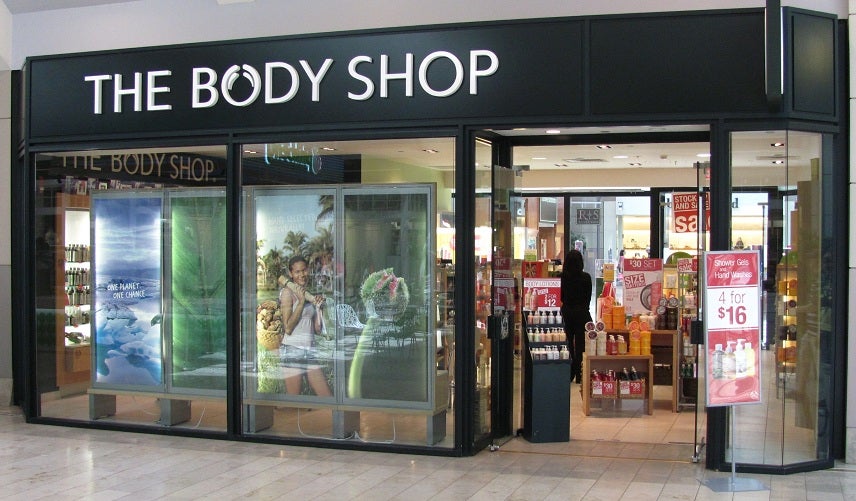
"'Inspired by Nature and Ethically Made’ is how the Body Shop appears in search.
"But so is everyone, these days, and brands like Tom’s have beaten Body Shop at its own game.
"A classic case of a brand’s original credentials remaining important, but not enough on its own.
"And ‘offers over 900 products’ doesn’t provide that real focus of allure that a beauty brand needs. If ethics are taken out of the picture, what is the real reason to buy Body Shop? And is the brand making enough of that?" Shaw said.
6. Go Compare and Compare the Market

"They may not have done anything wrong but when you’re up against something as potent and leftfield as Epic Dance-Off, and the general crazy energy of the Moneysupermarket brand, then it’s time to have a look at whatever you’re doing because the context in which you’re operating has changed.
"Brands in this category depend on staying front of mind, so it’s a good time to spend a lot of quality time with current and potential customers and figure out how to take the next move," Shaw said.
7. Homebase

"I have a fondness for Homebase, but it’s really based on nostalgia. It just seems to lack a bit of energy, and energy is a very useful quality if you’re doing things around the house or garden.
"This is carried through to the brand experience where it often seems rather difficult to pay without waiting in line, not because it’s hugely busy but because the tills aren’t open. Hurry up Homebase, I want to get stuck into some serious lawn care…" Shaw said.
8. Yo! Sushi
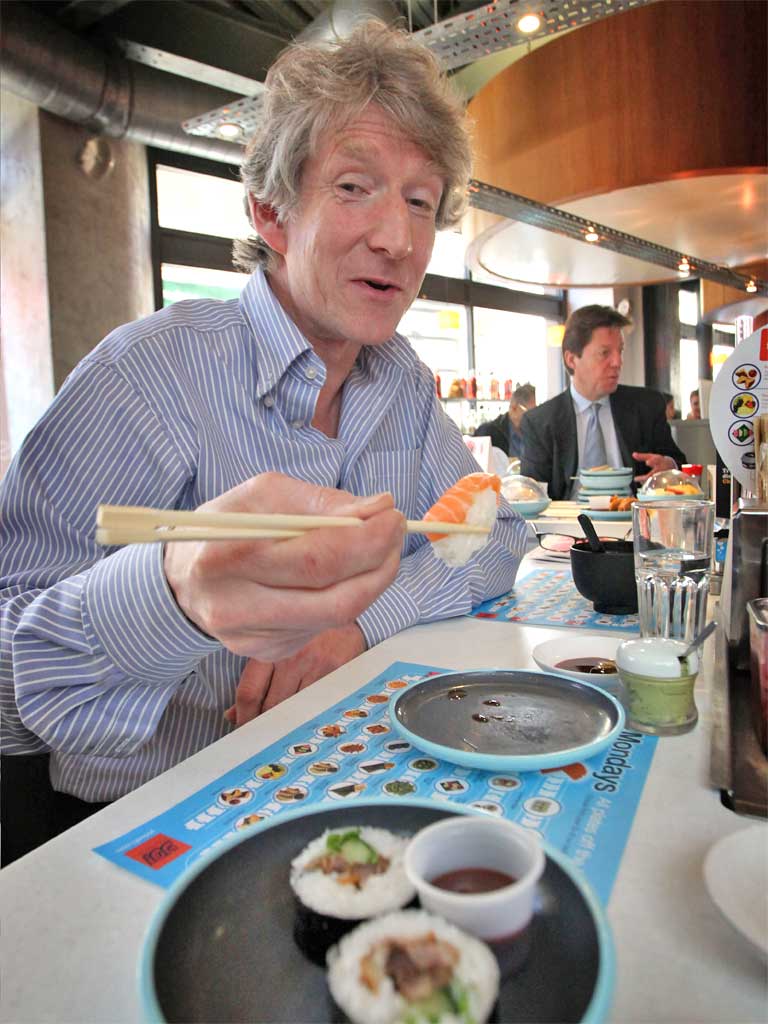
"Well, yo indeed. This brand was built on a smile, a loving and witty appreciation and appropriation of modern Japanese culture that achieved huge resonance.
"The danger is when and if that joke isn’t funny anymore. It’s important to provide new smiles. And although Japanese visual culture evolves, the basic look of Yo! seems to be pulling it back to its launch in the 90’s.
"Yo! certainly bubbles with ideas and even the landing page of yosuhi.com is pretty striking, but it could be time to feed some of that freshness into the core identity," Shaw said.
9. WHSmith

"I loved it when they did that honesty experiment about paying for your own newspapers. I guess it wasn’t a great success. A sad comment on human nature.
"Since then they seem to have done a great job of introducing self-service tills, but somehow a stationers should be a bit friendlier than that. There’s a latent comfort and warmth to Smiths, the products it sells, the activities it fuels, that doesn’t seem maximised in its experience or image," Shaw said.
Join our commenting forum
Join thought-provoking conversations, follow other Independent readers and see their replies
Comments